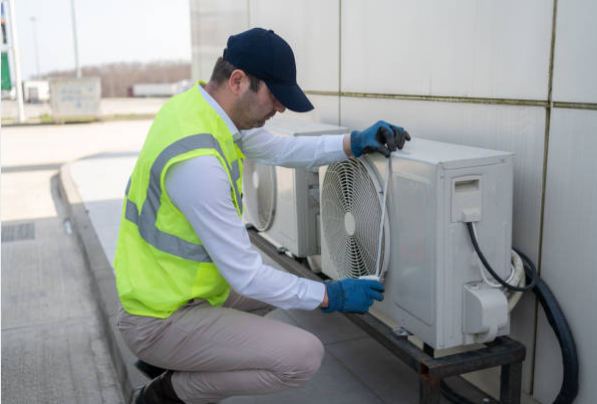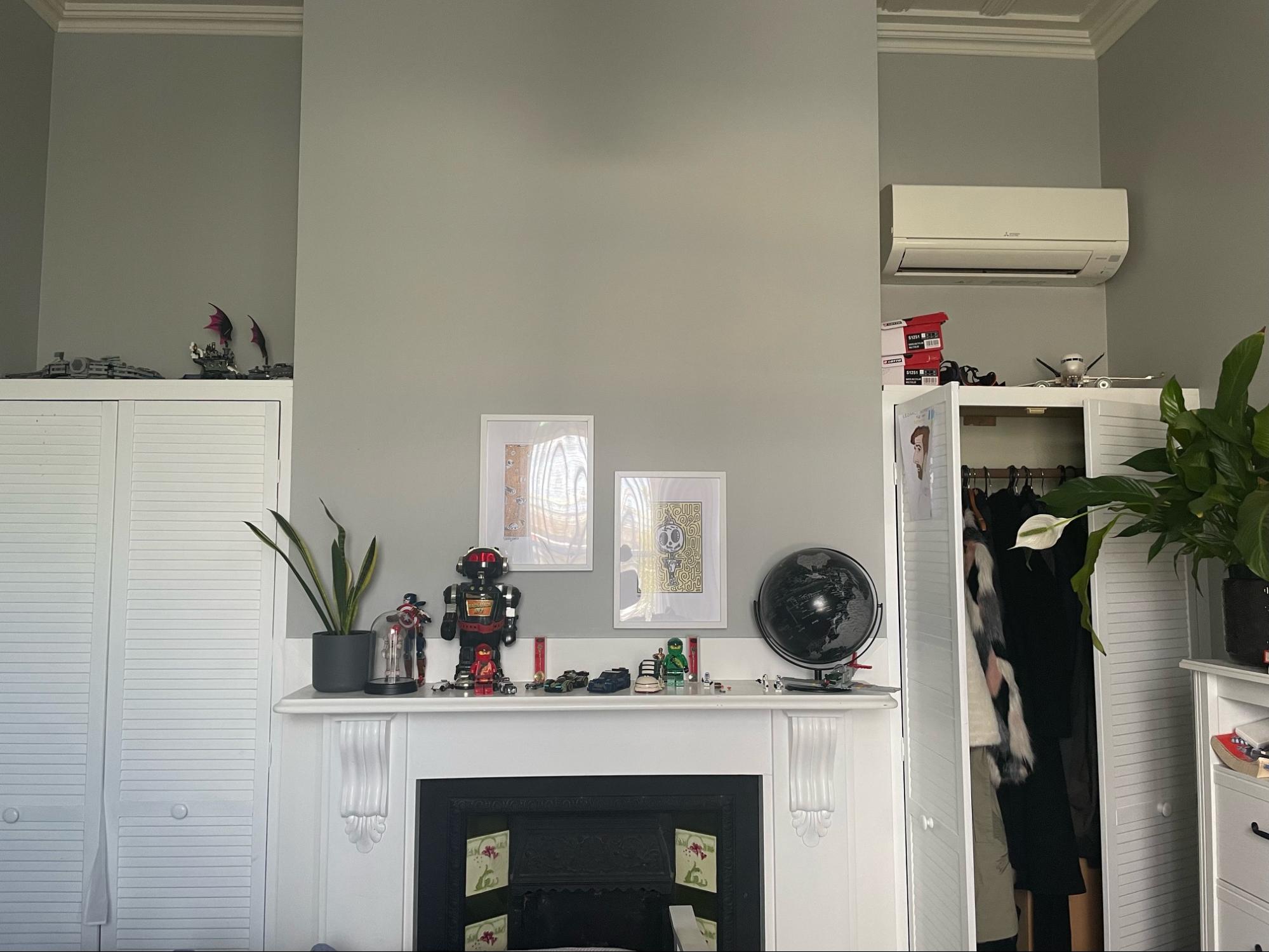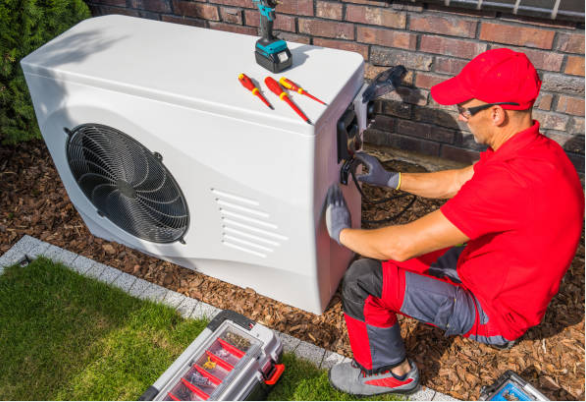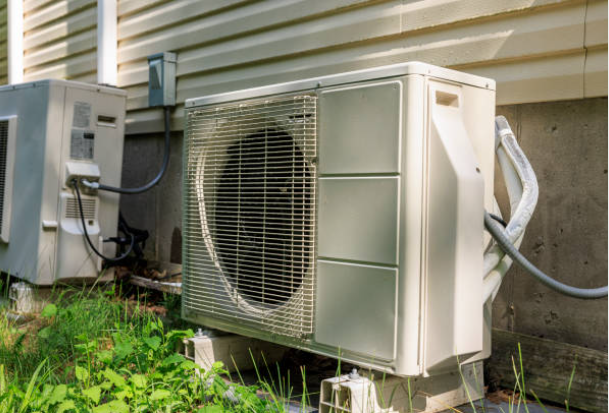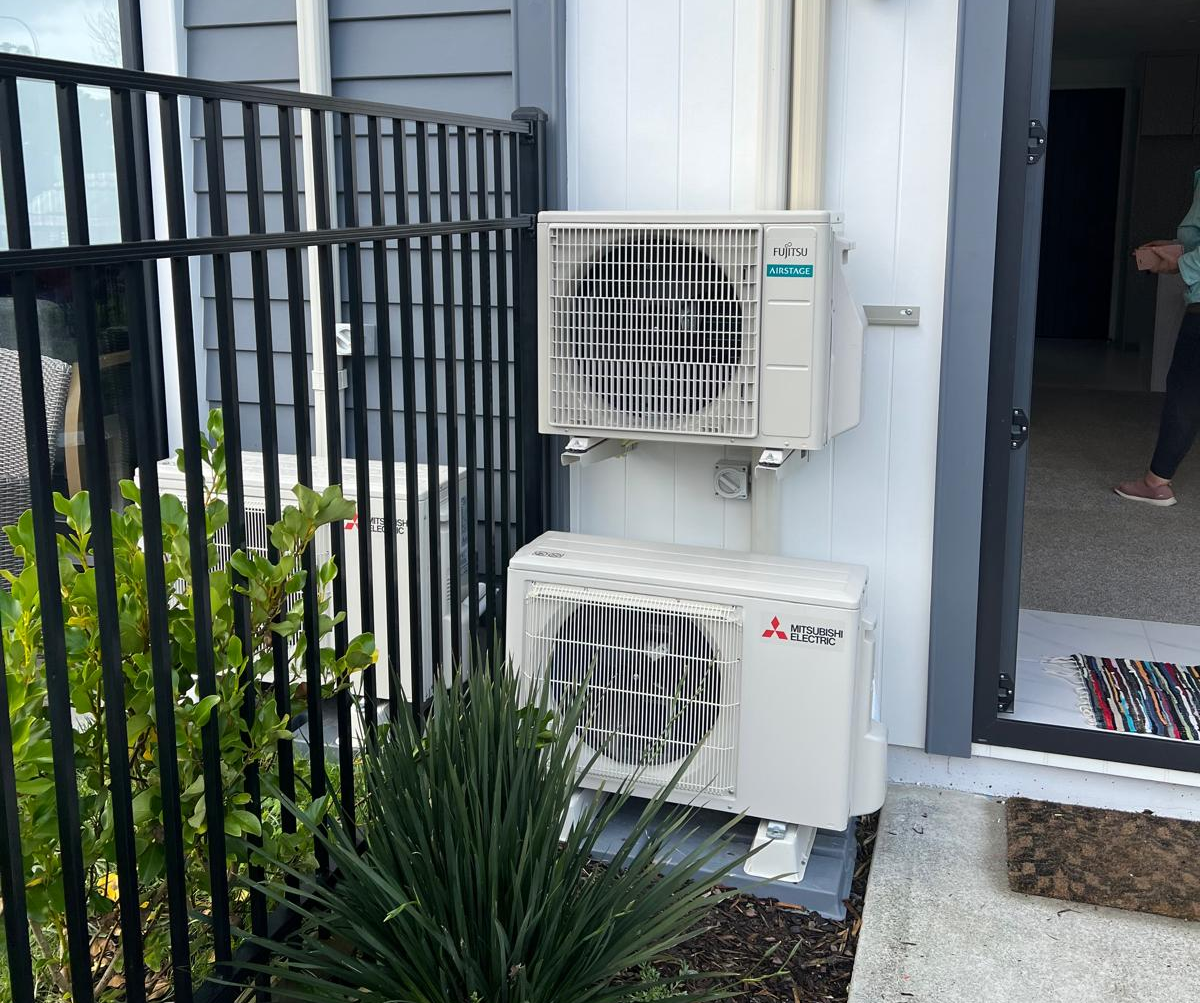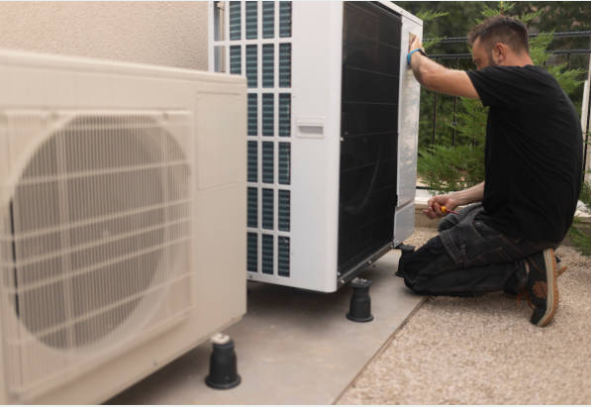HVAC is a common term used by people in the heating and cooling industry. You may never have heard of HVAC before starting your reading about home heating options. HVAC stands for “Heating, Ventilation and Air Conditioning. These mechanical systems provide thermal comfort and air quality. Your HVAC system could include a central air conditioner, a heat pump, a furnace, boiler, rooftop units, chillers, or a complete packaged system. The goal of an HVAC system is to provide thermal comfort and acceptable indoor air quality.
Your heating, ventilation and air conditioning system is often one of the most extensive, complicated systems in your home. All systems have similarities – there are Air Returns, Filters, Exhaust Outlets, Ducts, Electrical Outlets, Compressors, Coils, Blowers, and/or Outdoor units. But each system relies on different components to achieve the same goal. No matter how your system is set up you will have warmed, cooled or dehumidified air flow through a series of tubes – called ducts – and this air will be distributed to all the rooms of your house providing heating or cooling for your living comfort.
HVAC offers you different ways to heat your home. Typically, there are four different types of HVAC systems that you can consider for your home or project:
- Heating and Air Conditioning Split System
- Hybrid Heat Split System
- Duct Free Split Heating and Air Conditioning System
- Packaged Heating and Air Conditioning System
HVAC split systems are the oldest form of systems. They will typically have an air conditioner that cools the refrigerant, Furnaces and a fan or evaporator coil to convert the refrigerant and circulate the air, Ducts that carry air through the building, and a control panel.
An HVAC hybrid heat split system is an advanced version of the classic HVAC split system but they have an improved energy efficacy. A hybrid heat split system will have a heat pump that heats or cools the refrigerant, a furnace and an evaporator coil for the conversion of the refrigerant and circulation of air, ducts to channel the air around, and an interface for adjusting and controlling the system.
A duct-free HVAC system is a fantastic option if you want heating and cooling but have a home or project where there is no room for ducting. Duct-free systems will have a heat pump or air conditioner to heat\cool the refrigerant, a compact fan coil, wires and tubing for the refrigerant, and a thermostat or control panel.
A packaged HVAC system is the way to go if you do not have adequate space for all of the separate multiple components of the split systems. Packaged HVAC systems will have an air conditioner/heat pump together with the evaporator/fan coil in one unit, and a thermostat for complete control of the system.
One of the most popular options in New Zealand when it comes to HVAC in homes is that of heat pumps. In the past few years the cost of purchasing and installing heat pumps has drastically reduced and with this, their popularity has soared. A heat pump system can provide up to three times more heating than the equivalent amount of electrical energy it consumes. A heat pump can cut the amount of electricity you use for heating as much as 30 percent to 40 percent. No wonder they are popular!
Heat pump technology can be reversed to either heat or cool a space. There is usually two parts with heat pump HVAC systems – an indoor unit called an air handler and an outdoor unit which is similar to a central air conditioner but is referred to as a heat pump. The heat pump houses a mechanical compression cycle refrigeration system. The compressor circulates refrigerant that absorbs and releases heat as it travels between the indoor and outdoor units.
A heat pump is a great option to have when you live in a moderate climate – which New Zealand is lucky to fall into. They are flexible in that they can constantly move warm air from one place to another depending on whether it is needed – or not. When it is cold outside, the heat pump extracts the outside heat (which is present whether it feels like it or not!) and transfers it inside. When it is warm outside, it then reverses direction and acts like an air conditioner, removing the heat from your home.
Heat pumps are very energy efficient. The Government agency EECA (Energy Efficiency Conservation Authority) has identified heat pumps as one of the most energy efficient forms of heating available in New Zealand.
Heat pumps have the lowest running costs of all the HVAC options. Compared to all other common forms of heating, a heat pump is the most energy efficient and cheapest heating system to run.
Heat pumps allow you to have precise comfort control. Once your set temperature is reached a heat pump will maintain this.
Heat pumps are convenient. They require low maintenance, they are easy to use and are able to provide heat at the touch of a button which ensures you never have to compromise on comfort.
Heat pumps have advanced filtration systems which provide optimal air quality by filtering and deodorising the air. These two functions work together to remove even the tiniest airborne particles and break them down or neutralize them. This makes them a great option to have in your home if you or your family member suffer from asthma.
When looking at a HVAC system, make sure you call Kiwi Heat Pumps first! We have experienced installers that can talk you through the best options for your home or project. You too can join the thousands of New Zealander’s benefitting from HVAC in their homes. Call us today on 0800 549 443!









